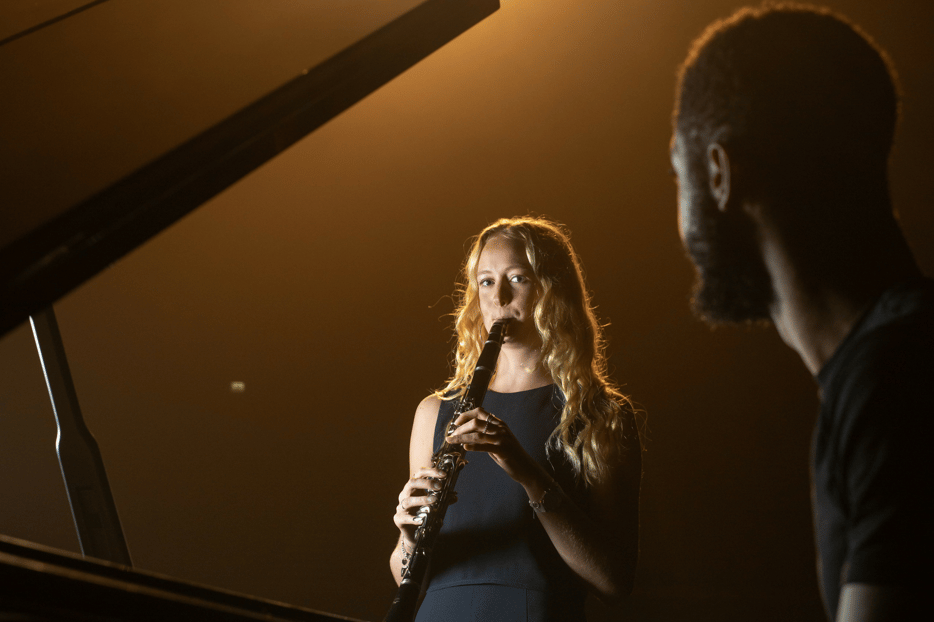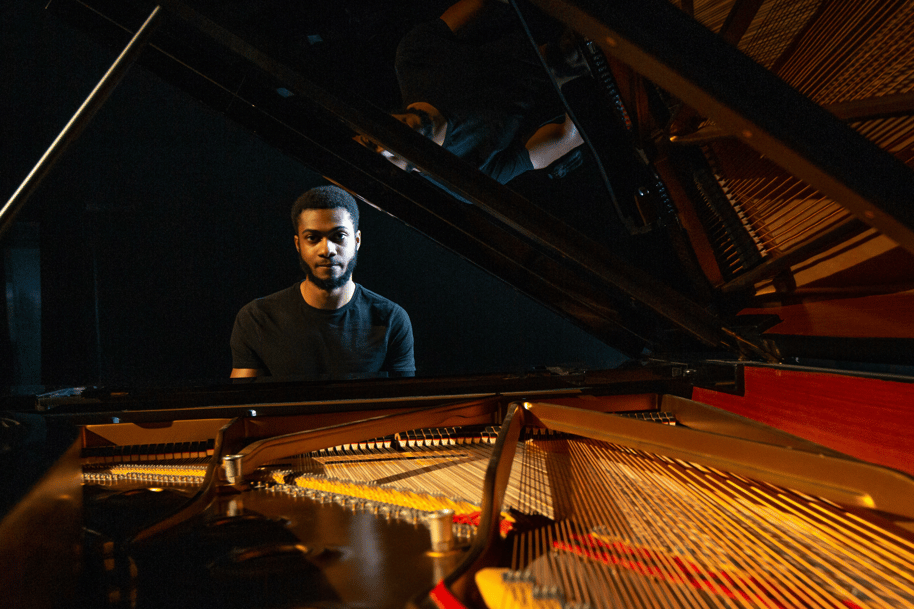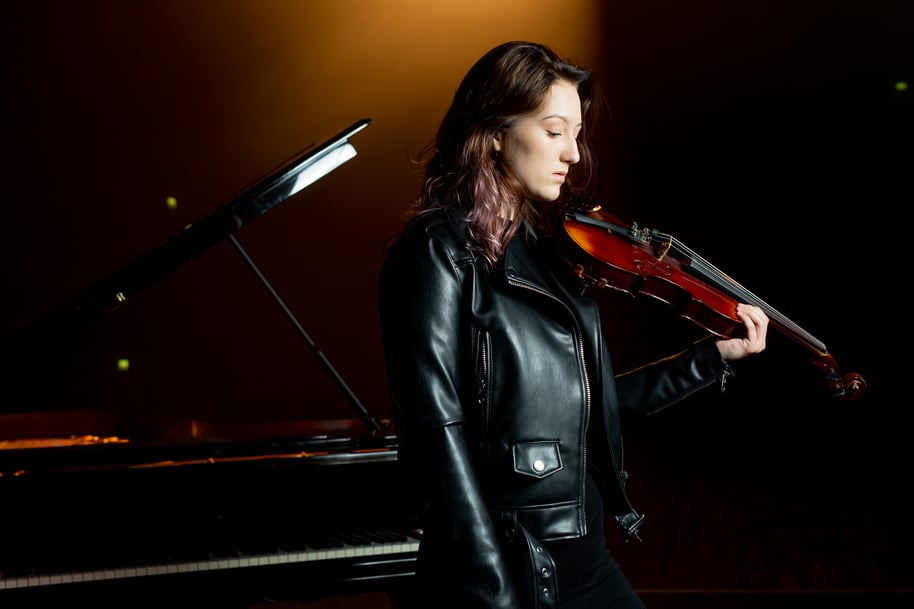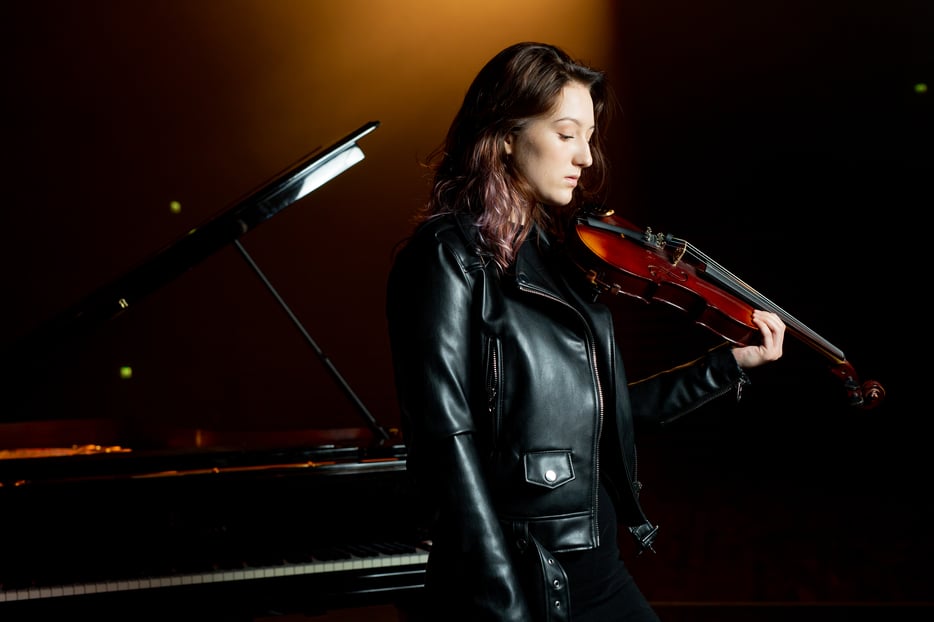Approaching Music Performance Diplomas – programme notes for FTCL

Trinity’s new 2019 Performance Diplomas Syllabus now only requires detailed programme notes at FTCL level. For this exam, the requirements are 1200-1600 words (as in the 2009-2018 syllabus), and the content of the programme notes might include the musical and historical context of the pieces, their structure and form, and significant musical elements contained within them.
Why programme notes are relevant
For your audience
Audiences (and examiners) enjoy learning about the thinking that goes into planning a programme. Your investigation into the pieces, and the construction of the programme itself, not only helps audiences’ understanding of the music and performance, but through actively engaging them as a listener, adds another dimension to their expectation and enjoyment.
For you as a performer
If you have not performed in public already, you may go on to give lunchtime or evening recitals, for which the provision of programme notes is common practice. Whilst the main ‘consumer’ of the programme notes is your audience, the process of researching and developing your knowledge of the pieces enhances your ability to give an authentic performance and communicate the music to the audience/examiner.
Constructing your programme
Your programme can comprise as many works as you wish, whilst taking the time limit into consideration. These should form a balanced programme in terms of style and contrast whilst establishing your own artistic identity.
Explaining your research
Having chosen the pieces you are going to play in your recital, it’s now time to think both about the bigger picture and the more intimate details.
Essential elements
There are certain themes that should be included in your programme notes. Suggestions of elements to include are:
- Context – you may want to address the musical conventions and developments of the era and the historical performance practices
- Structure and musical elements – these may be discussed if applicable, and give your audience a sense of what they can expect to hear when you perform the piece
- The basic outline should include:
- The title of the exam
- The name(s) and instrument(s) of the performer(s)
- The date and time of the performance
- The running order
- Full details of the works performed, eg catalogue identifiers (such as opus number), movements and tempi, composer’s name, and composer’s dates
- The timings of your pieces
- Your notes on each work
Know your audience
Your audience is interested in learning about what you hear as significant about a composition. Choosing which details to illuminate and which to leave out is important – we don’t require the finer details of the inner workings of a piece, we’d like to know why you have selected it as part of your wider programme.
Points to consider
If you limit the learning process of your pieces to your own practice and teacher modelling, you will be missing out on different perspectives. To greater communicate the music through your performance and programme notes:
- Think about what you would like to know if you were listening to the music being performed
- Think of it as a map; you are taking your audience on a journey throughout your concert and your notes help detail the route you will all be taking
- Listen to recordings and performances of your chosen pieces by different artists, other works by the same composers and other works of the periods. Think about mentioning specific performances that particularly influenced your recital.
Use different kinds of sources. Some good sources are:
- Online – Grove Music Online is a treasure trove of information, and educational establishments tend to be reliable sources
- Recording notes – if the performance is by a well-known artist, these are likely to be informative whether from a CD sleeve, download store or streaming platform
- Libraries – search for books about composers and periods. Thematic catalogues – whilst only available in specialist music libraries – can also include bibliographies on specific works
- Other concert programmes – especially if the performance has taken place in a reputable venue
- Introductions in your scores – many scores have introductory material although sometimes this can be too overly analytical for the purposes of programme notes
What you should and should not include:
- Include: Highlighted quotations or citations from credited sources
- Keep it relevant and on-topic: the programme notes must relate to the music
- Captivate your audience – you only have one chance to identify important points in your performance
- Don’t include: Pictures of composers – these may be appropriate for a Foundation Level Certificate exam but less suitable for an FTCL diploma
- Don’t include: poetic description – whilst descriptive terminology can be used, excessive use of imagery and metaphors can distract from your main message which is about musical understanding and constructing your programme
- At the other extreme, avoid stiff and formal academic language, which is more suited to a research paper or musicological essay
Citation and Plagiarism
It is as easy for an examiner to type text into an internet search engine as it is you, so ‘cutting and pasting’ is really not advisable and could result in disqualification. In addition, copying someone else’s work will not give you anything in return. Plagiarism is the theft of the words and ideas of others by portraying them as your own. This is not to say you cannot use quotations and short extracts from other sources, but you must cite the author and the source.
Presentation
In the same way that you want to look good on stage, the appearance of the programme notes should reflect the quality aimed for in every other aspect of the exam. Consider how you may best present the programme visually in order to convey the information required.
You might like to examine programmes from professional concerts, many of which can be found online. For example:
- The London Philharmonic Orchestra publishes programme notes on their website for all of their concerts. Found at the link below, are the programme notes for the LPO’s Moscow Nights concert:
- Check out the Sydney Symphony Orchestra website, which also allows concert-goers to download programmes notes for their concerts. Here is a link to Jean-Yves Thibaudet’s Piano recital of Saint-Saëns’ Egyptian Piano Concerto among other orchestral works:
The programme can be accessed through the ‘Download Program’ link on the right hand side of that page.
Guidelines
Your programme should follow these guidelines:
- A5 booklet document
- Clear, logical and uniform layout (consider fonts, indentations, alignment). These all have an impact on how your information comes across
Notes for singers
Your programme notes should contain the texts and translations of songs, ideally in facing columns to allow the reader to cross-refer. Please note that these texts will not count towards the required 1200—1600 words for the FTCL diploma.
Summary
Our best advice to you, would be to undertake each aspect of your diploma with diligence and conduct sufficient research when putting together your programme notes, allowing yourself the time to produce something of which you can be proud.




